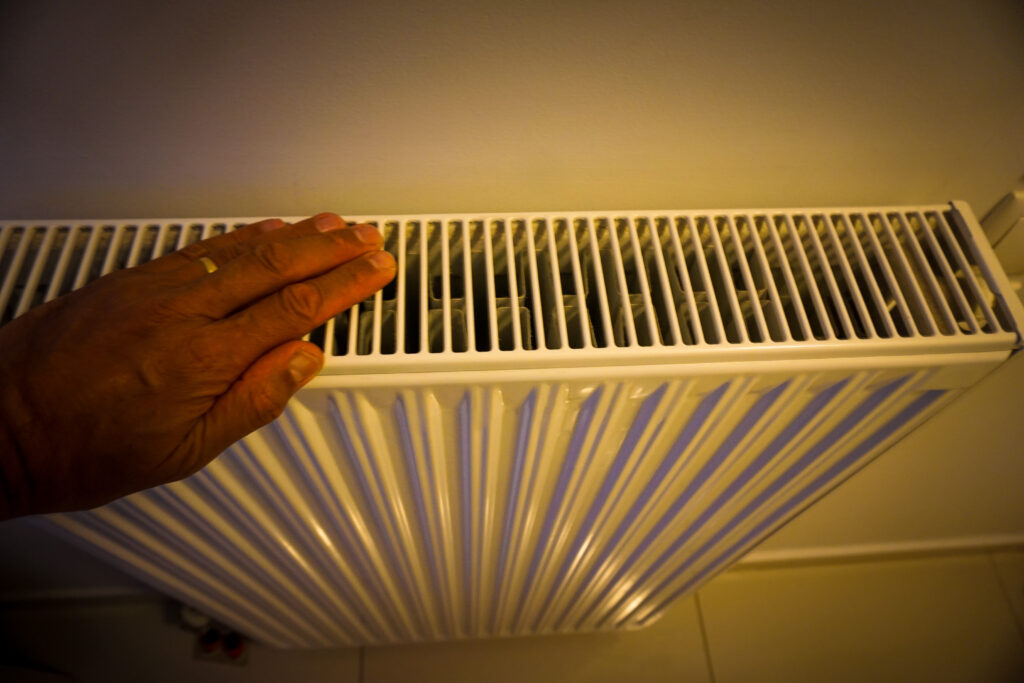The government is preparing to activate the MyHeating electronic platform in November for the heating allowance 2025-2026. Thousands of households are awaiting the start of applications, as financial support for heating remains vital for the upcoming winter.
Heating allowance timeline and payments
The application submission process will begin in November through the familiar MyHeating platform. The first payments are scheduled for early December, while subsequent installments will be disbursed gradually until July.
The heating allowance amount for 2025 is expected to remain at last year’s levels, providing stability to family budgets. Payment distribution depends on the type of fuel each household selects.
Income and asset criteria for beneficiaries
The income limits for the 2025 heating allowance are structured as follows:
• Single and widowed individuals: €16,000 annually
• Married couples or civil partnerships: €24,000 annually
• Single-parent families: €29,000 with increases per child
Additionally, asset limits are set at €200,000 for unmarried individuals and €260,000 for married couples without children, with an additional €40,000 for each dependent member.
Eligible fuels and restrictions
The heating allowance covers a wide range of fuels for residential heating. Beneficiaries can choose between heating oil, kerosene, firewood, biomass, LPG, natural gas, district heating, and electricity.
A significant restriction is the ability to subsidize only one type of fuel per beneficiary. This means households must strategically choose the fuel that benefits them most.
Who is excluded from the heating allowance
Specific categories of citizens are not eligible for the heating allowance. Those excluded include individuals declared as dependent members, people showing signs of luxurious living such as owning more than two cars, and those who own commercial property.
Additionally, legal entities and tax residents abroad are excluded from the scheme. A special exception applies to electricity applicants who already receive the Social Household Tariff.




